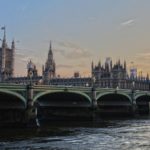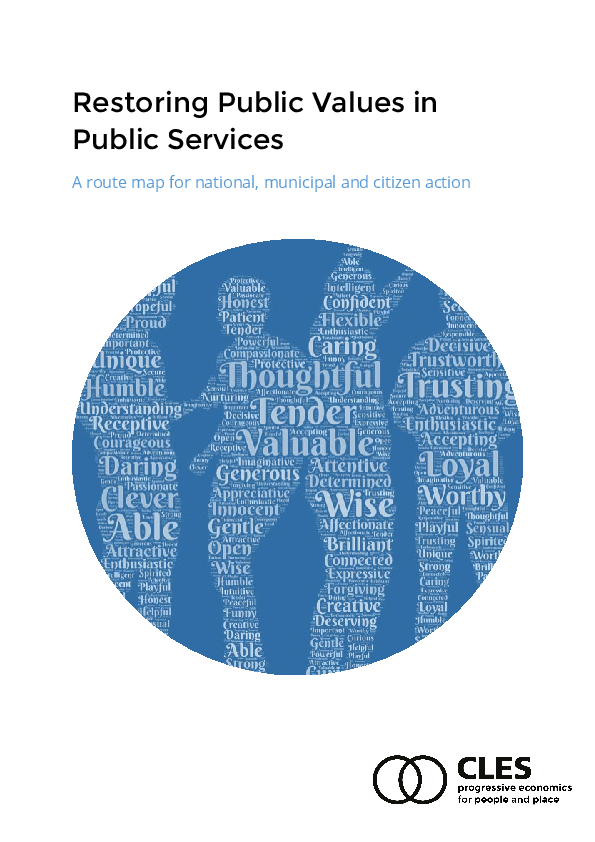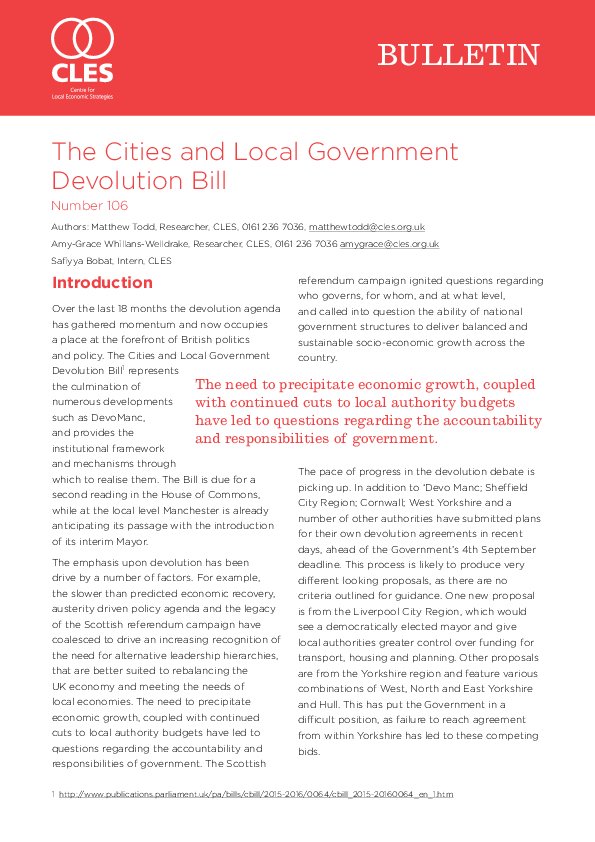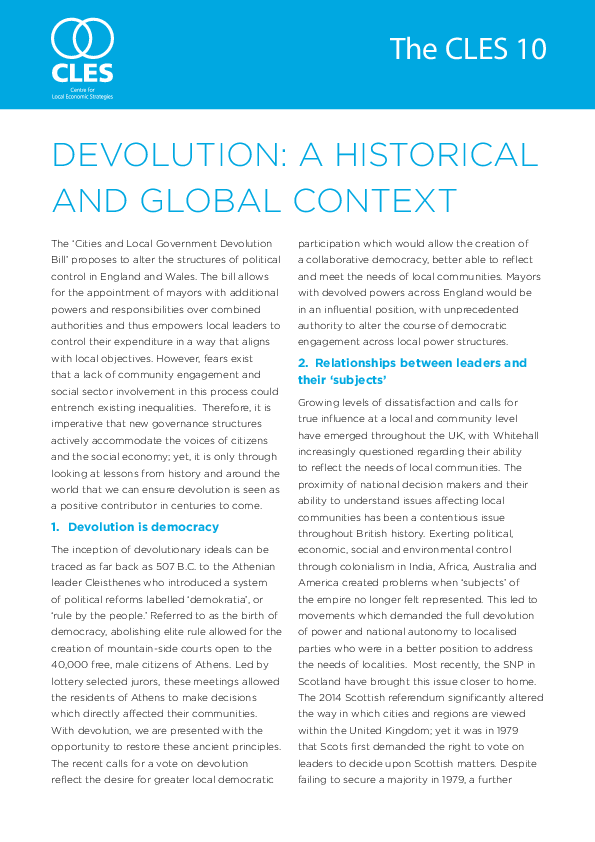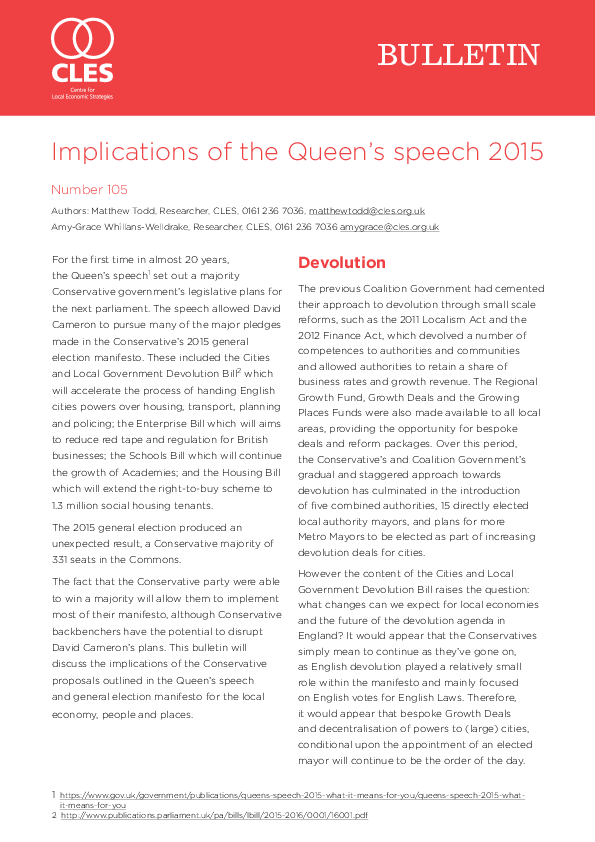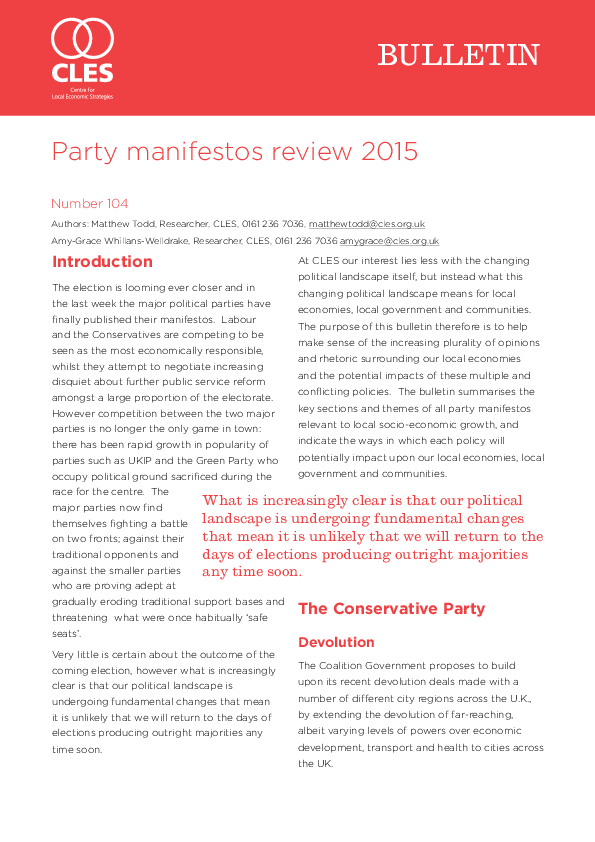We are nothing if we are not together
This article originally appeared in the Local Government Chronicle
The Covid-19 pandemic has destabilised our present and will profoundly affect our social, economic and political future. Whilst we do not know how events will progress, we can be sure that things will never be the same again. There will be no going back.
The immediate government response must be to tackle the public health crisis, shore up businesses and the economy and help people with their personal and family finances. However, other recent crises – the financial crisis of 2008, the ongoing climate emergency – have made clear that we are ill-equipped to deal with systemic shocks. Longstanding flaws and cracks, which have been papered over for years, have now been blown apart by this virus. Our society – despite having made stunning technical advances and delivered unprecedented concentrations of wealth – has been overstretched for many years.




